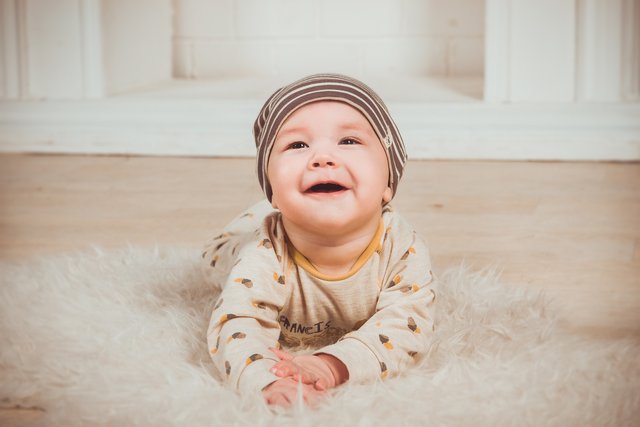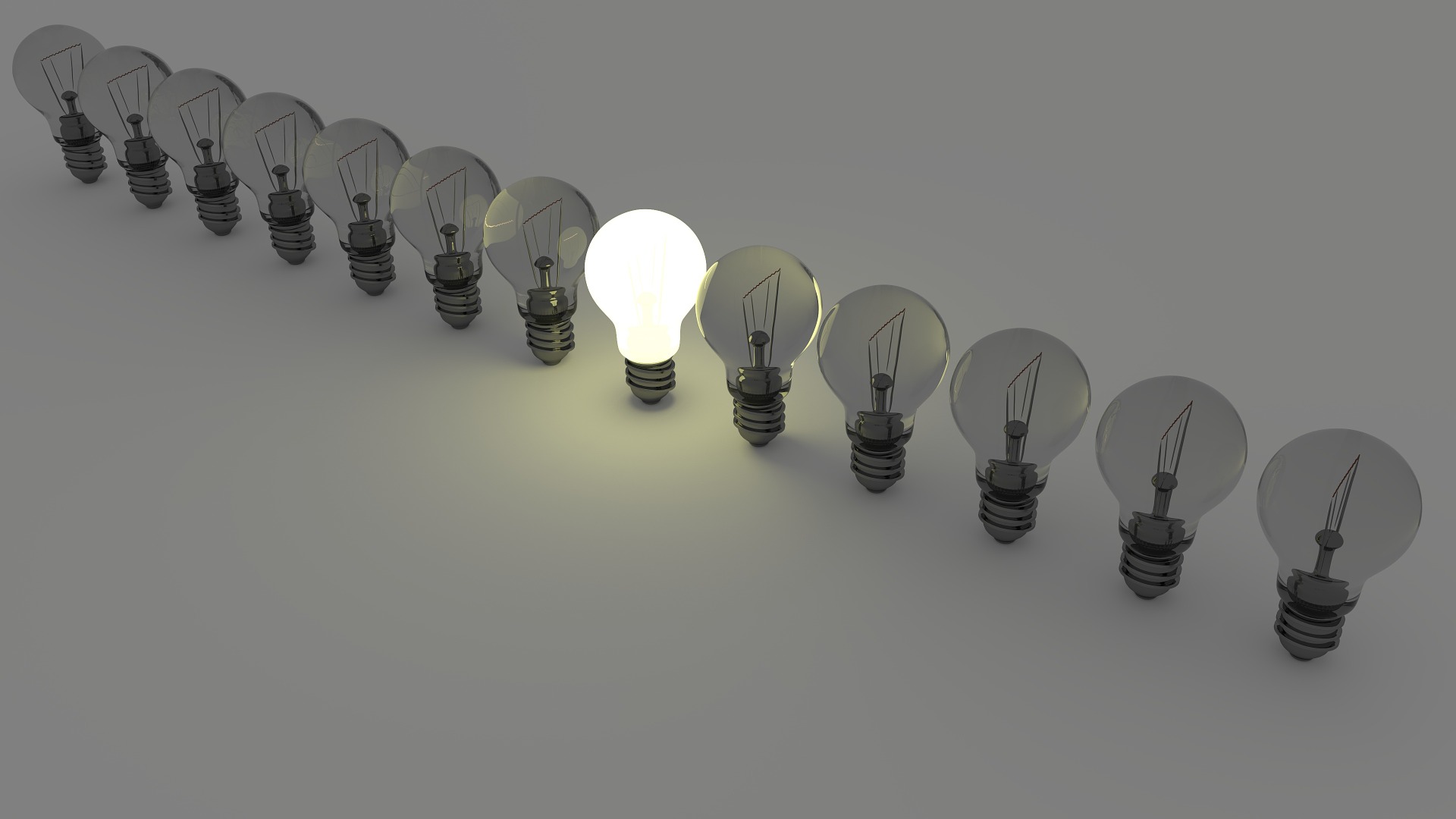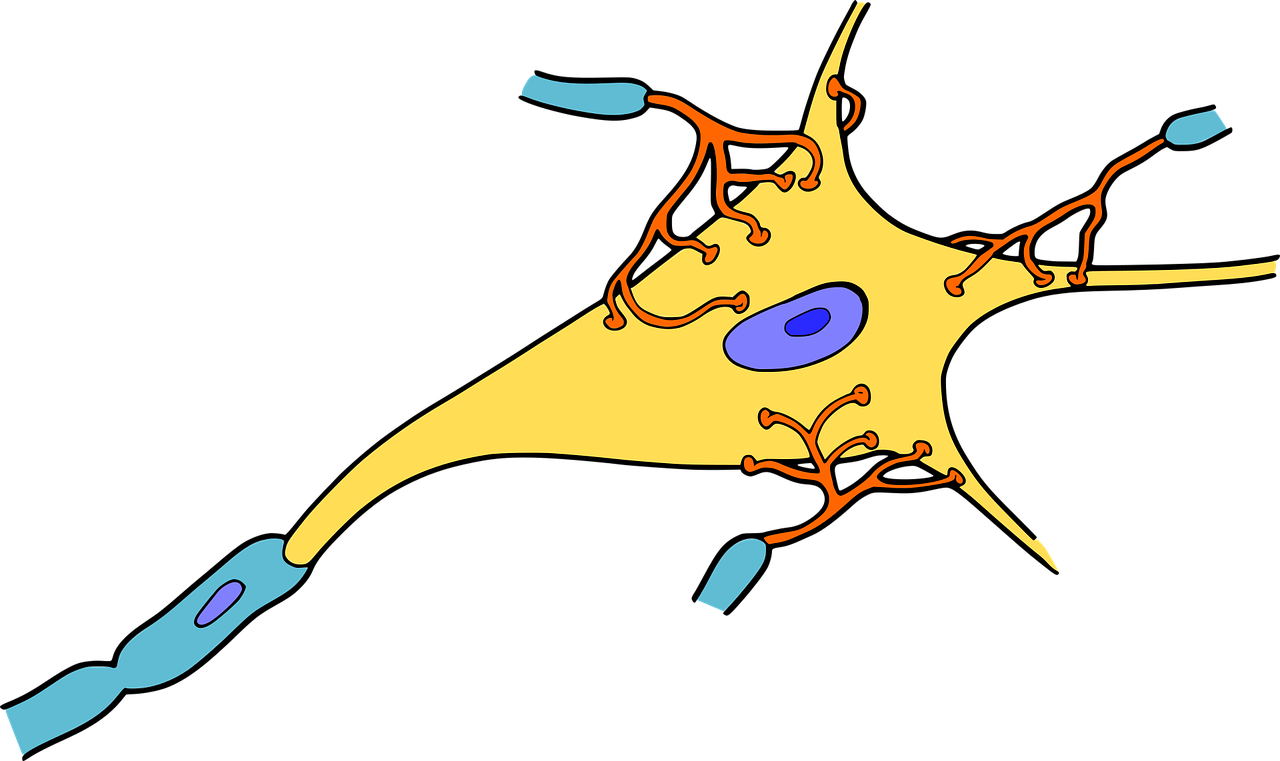Why People Do Not Remember When They Were Babies

SOURCE
One perplexing universal phenomenon is the fact that people generally do not have memories of when they were infants. But Considering the fact that children are sponges that take in everything that happens around them, why can we not remember the things we experienced when we were toddlers?
Could the fact that a lot of years have passed since we were toddlers be the reason? This might almost sound like an acceptable explanation until we notice that people who are in their forties often remember some episodes in their adolescence even though they experienced them over two decades ago, while a 13 year old will most likely not have any recollection of things they experienced when they were two years old, despite the fact that only eleven years have passed. Sigmund Freud named this phenomena "infantile amnesia. Let us look at the different hypothesis that have been used to explain it.
The Lack of A Sense of Self

SOURCE
There are psychologists who are of the opinion that without having developed a sense of self, babies cannot have memories of things they have experienced. They believe that autobiograohical memories cannot be had by babies because they do not yet see themselves as individuals so they would not know what to pick and store in their memories for future personal use.
Psychologist Hark Howe conducted an experiment to support this hypothesis. First he tried to answer the question of whether the children were able to recognise their own image in a mirror. Then he brought them a teddy bear each during playtime that he instructed them to keep in a drawer before leaving. In exactly two weeks, the children returned to the laboratory and it was discovered that only the babies who had recognised their own reflection in the mirror could remember where they had kept their teddy.
Limited Language of Babies
Other psychologists are of the opinion that language is important for memory formation. They think because babies have no words yet to represent objects and ideas, they cannot organize them properly and store them in their memories for future retrieval. The rationality of this hypothesis lies in the fact that during our childhood, we must have had experiences that we had no words for. Imagine the pain you must have felt when you got your first injection in the hospital. Yet, you had no word for "pain" or for the "needle" that went into your flesh. You also had no words for all the equipments that were in that environment. If you could speak you most likely would have come home and continued talking about it for a while until it stayed in your memory.
Lack of Retrieval Cues
Another group of psychologists believe that babies have no problem forming memories. They say that it is people who are older that have a problem retreiving memories they made when they were babies.
Babies experience the world differently than adults. There is the possibility that we cannot remember episodes from our childhood because there are no cues to remind us of the setting of those episodes. Even if you’ve lived in the same house all your life, the world would still look a lot different now than when you were a baby. When you were a toddler, normal household objects towered above you. So did the grown ups. The picture frames, tables and television set were all gigantic objects from your point of view as a baby and people spoke a language that you did not understand. Some psychologists believe that you cannot have the right cues to trigger these memories as an older person because you now perceive the world completely differently.
The brain Was Not fully Developed

SOURCE
Because the brain of a baby is not fully developed, many neuroscientists believe this is the reason why they cannot have long-term memories.
This does not mean that babies cannot have any type of memory. The hippocampus and medial temporal lobe which are two systems that are important in making memories are usually developed at the age of one.
But another area of the brain which is the prefrontal cortex keeps on maturing until a person is in their early twenties. This part of the brain is believed by neuroscientists to be necessary for the formation of episodic memories. When we are babies, our prefrontal cortex is at the earlier stage of development we are able to recognise objects and remember abilities but we are not able to remember events and full scenes.
Fast Rate of Neuron Growth In the Brain of Babies Makes Old Memories Inacessible

SOURCE
This theory is related to the underdeveloped brain theory. But it is different because it does not agree that children cannot form memories, rather, it says that the quick rate at which new neurons are born in young children's brain block access to old memories. Paul Frankland and Sheena Josselyn two Neuroscientists working at the Hospital for Sick Children, Toronto discovered through experiments that that mice also experience infantile amnesia.
Knowing that the hippocampus is the part of the brain where autobiographical memory is stored, these neurologists manipulated the rate at which neurons in that part of the brain multiplied in both adult and young mice.
They taught infant and fully grown mice to fear an environment where they were given electric shocks.
Although all of the mice learned to fear the environment fast, the newborn ones lost that fear in a day while the negative memory was kept by the adult ones for weeks after.
These scientists noticed that there was a connection between the rate at which neurons multiplied in the brains of these mice and how long they remembered what they had been taught.
So in the next stage of the experiment, these scientists chemically and genetically inhibited the birth of new neurons in the brains of infant mice. The result was that their memory improved.
The older mice were put through a four to six week period of constant excercise. This was done because excercising increases the rate of neuron growth. At the end of the period the older mice had poorer memory of their learned fear.
So the conclusion in summary is:
rapid neuron growth in young animals including humans leads to poor long-term memory while slow rate of neuron growth when they are older helps them to have long-term memories.
Because the methods of the experiment cannot be applied to humans there is still a lot to learn about the human brain and how memory is formed and lost.
But we can be grateful that we understand human memory or the lack of it better than when Sigmund Freud first coined the phrase "infantile amnesia"
@originalworks
And i would have loved to have my memories of those days back
Me too. There is so much I would have learned about the '80s.
Quite enlightening. Good article.
You are welcome. Thanks for reading.